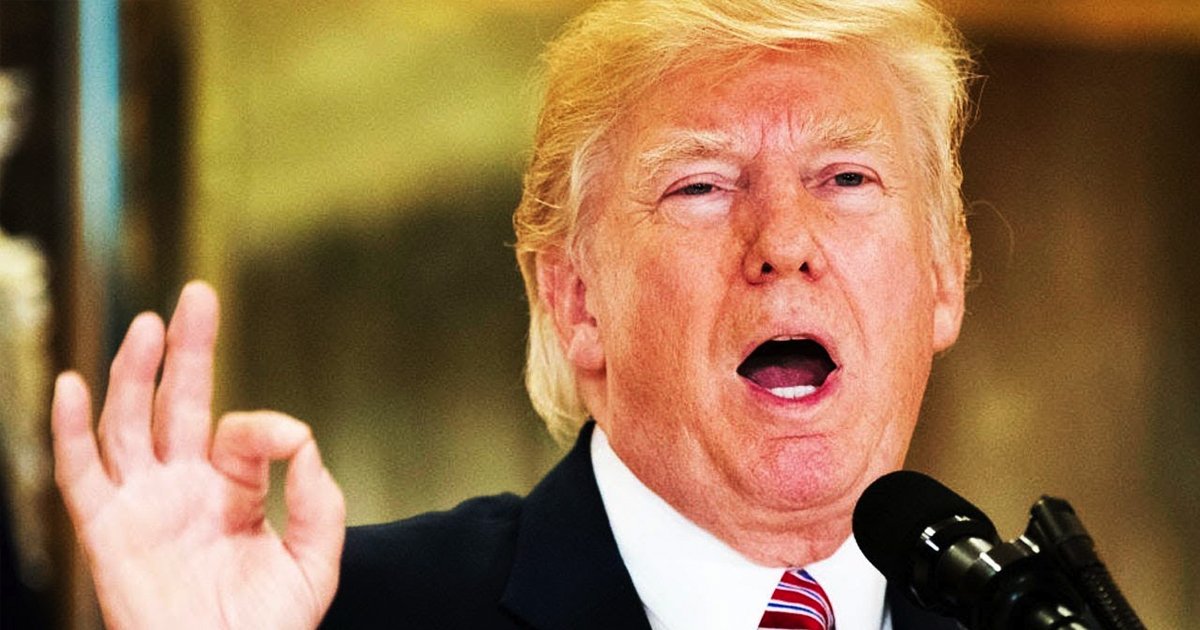All too often, defense attorneys who represent big time insurance companies in medical practice cases, routinely attempt to violate a plaintiff patient’s right to privacy and confidentiality established under state and federal law.
It works like this: when a medical malpractice lawsuit is filed by a plaintiff patient, the insurance company, who insured the defendant physician/hospital at the time of the alleged medical negligence, will hire a defense lawyer to defend the case, and in doing so, many times the defense lawyer will attempt to contact the patient’s other treating physicians, without the patient’s permission and consent, in an attempt to improperly and unduly influence the outcome of the case. The problem here, other than obviously and wrongfully skewing the playing field in favor of the defense, is that healthcare providers are not permitted to discuss a patient’s care and treatment with anyone other than the patient, or someone otherwise approved by the patient. Healthcare providers, who violate this owed duty of confidentiality and privacy, can suffer significant consequences for doing so. But, as you may have figured out by now, none of this is the defense lawyer’s problem or concern. Thus, there is no disincentive on the part of the defense lawyer for putting the healthcare provider in the unfortunate scenario where he/she is about to violate state and federal law.
As a plaintiff’s attorney representing patients who have been the victims of medical negligence, I am all too familiar with this rampant problem. It undermines the legal system as a whole, the ethical duties of all lawyers, and can improperly and unduly influence the outcome of a case, which should be about whether or not the standard of medical care was violated, rather than who can “get to” the witnesses first.
Thankfully, in Hasan v. Garvar, 2012 WL 6619334 (Fla.), the Florida Supreme Court, pursuant to section 456.057(8), Florida Statute, has now expressly prohibited these improper ex parte communications between a patient’s other healthcare providers and the insurance company defense lawyer. The High Court’s decision, certainly a victory for plaintiff patients and a step in the right direction, further substantiates the already well-established patient’s right to privacy and confidentiality, and also sends a clear message to defense lawyers that such improper conduct will no longer be tolerated in Florida.
At a bare minimum, Florida’s injured patients deserve a level playing field in attempting to prove their case. Removing improper and undue influence on other treating physicians by defense lawyers helps ensure a fair and just outcome for both parties.
Cameron Stephenson is a lawyer with the Levin, Papantonio law firm in Pensacola, Florida, and handles medical malpractice and other wrongful death cases. He has devoted his legal practice to fighting for the rights of Florida’s injured patients.


